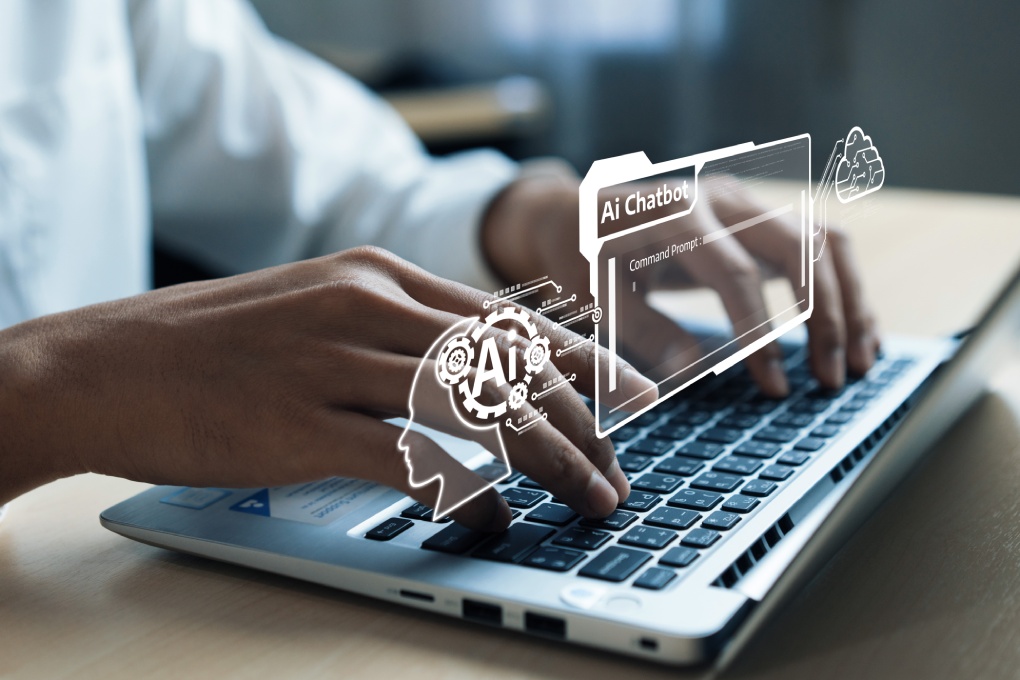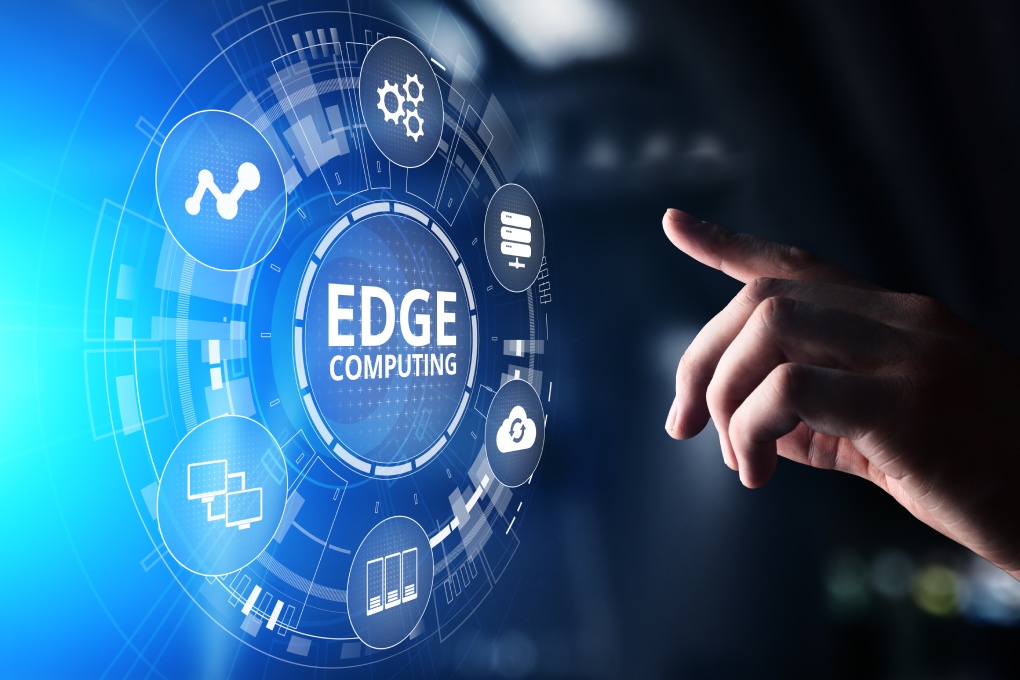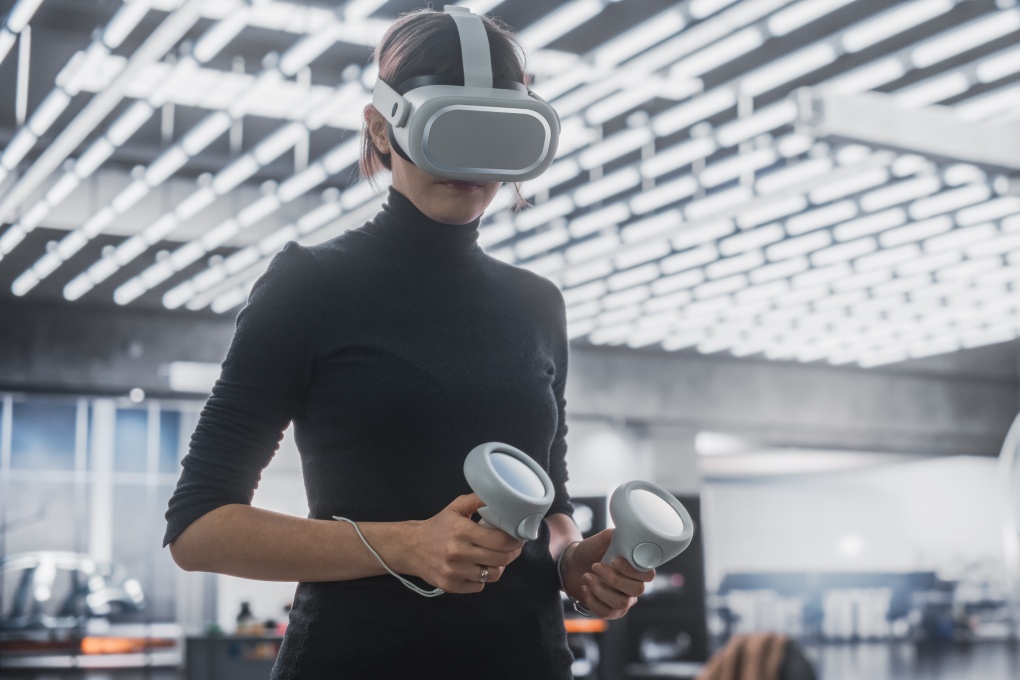The Future of IT: Emerging Tech Trends to Watch in 2025
As we prepare to step into 2025, the IT industry stands on the verge of a transformative era. Breakthrough advancements are set to redefine how businesses operate, innovate, and grow.
Companies that embrace these emerging technologies will stay competitive and lead the charge into a future defined by seamless integration and efficiency. Here’s a deep dive into the technologies poised to revolutionize the IT landscape and how they can work for your business.
The Growth of AI and Machine Learning

Imagine using AI to analyze customer behavior and predict trends with precision. For instance, AI-powered chatbots can provide real-time support tailored to individual customer needs, while ML algorithms refine marketing strategies by identifying the most effective channels and messaging.
In the next decade, AI innovations will become even more integral, influencing industries like healthcare, finance, retail, and logistics. Businesses that adopt these technologies now will not only stay ahead of the curve but also create superior customer experiences that foster satisfaction, loyalty, and growth.
Artificial Intelligence (AI) enables machines to perform tasks requiring human intellect, while Machine Learning (ML), a subset of AI, allows systems to improve performance through experience without explicit programming.
Both are set to grow exponentially in the coming years – And to bring huge profits to businesses. In fact, it is possible that GDP in local economies could grow by 26 percent by 2030 due to the influence of AI and ML. When it comes to small businesses like yours, both technologies have a lot to offer. Invest in these technologies in order to
- Streamline operations
- Personalize customer experiences
- Reduce human error
- Increase productivity
Quantum Computing
Quantum computing harnesses the principles of quantum mechanics to process information in ways that classical computers cannot. This allows quantum computers to handle complex computations at unprecedented speeds, making them capable of solving problems that are currently beyond the reach of traditional computers.
As this technology matures, it promises to revolutionize fields that require vast computational power, such as cryptography, complex system simulations, and optimization problems. By 2025, quantum computing will offer businesses opportunities for breakthroughs in drug discovery, financial modeling, and supply chain optimization.
Forward-thinking companies should monitor advancements in this space and consider strategic partnerships to explore the potential applications of quantum technology to their industries, unlocking new frontiers in problem-solving and innovation.
Edge Computing and IoT

Edge computing refers to the practice of processing data near the edge of the network, where it is generated, rather than relying on a centralized data-processing warehouse. This technology is closely linked with the Internet of Things (IoT), which involves the interconnection of everyday devices to the Internet, allowing them to send and receive data among each other.
By processing data closer to its source, edge computing reduces latency, conserves bandwidth, and improves response times. As IoT devices proliferate, edge computing will help manage the vast amounts of data generated by these devices. With the right management, edge computing and IoT allow businesses in industries such as logistics, healthcare, and retail to access real-time analytics that can guide their business.
5G and Beyond
5G is the fifth generation of mobile network technology, offering much faster data download and upload speeds, reduced latency, and more reliable connections than its predecessors. This technology supports the growing number of connected devices and is crucial for enabling advancements in augmented reality, virtual reality, and the development of smart cities.
By 2025, there should be 450 5G networks around the world. This kind of widespread adoption of 5G will transform how businesses operate, providing the infrastructure needed for innovations in remote work, telemedicine, and autonomous vehicles.
The improved connectivity that 5G provides will also allow companies to optimize their operations and provide richer, more responsive customer experiences, enabling them to power smart cities, support AR and VR applications, and boost telecommunications systems.
Cybersecurity Innovations

Cybersecurity encompasses the practices and technologies used to protect systems, networks, and data from cyber threats. As technology evolves, so do the tactics of cybercriminals, forcing businesses to adopt increasingly innovative cybersecurity solutions to safeguard their data.
In 2025, advancements in cybersecurity will focus on proactive threat detection, utilizing AI to identify and mitigate risks before they escalate. Blockchain technology will also play a role in boosting security protocols, offering decentralized and tamper-proof methods for securing data.
Businesses must adopt zero-trust security models and invest in advanced threat intelligence solutions to safeguard their operations against evolving cyber risks, ensuring their systems are protected from unauthorized access and potential breaches.
Sustainable IT Practices
Sustainable IT refers to the environmentally responsible use of technology, aiming to reduce the carbon footprint and environmental impact of IT systems. This involves the adoption of energy-efficient data centers, sustainable hardware, and eco-friendly practices in technology development and usage.
By 2025, sustainability in IT will become a critical business imperative as companies face increasing pressure to reduce environmental impact. Businesses that prioritize green IT solutions will benefit from reduced operational costs, compliance with evolving regulations, and enhanced brand reputation among environmentally-conscious consumers.
Embracing sustainable practices will also allow companies to appeal to a growing market of eco-conscious customers, reinforcing their commitment to corporate responsibility.
The Rise of Extended Reality (XR)

Extended Reality (XR) is an umbrella term that encompasses Virtual Reality (VR), Augmented Reality (AR), and Mixed Reality (MR). These technologies merge the physical and digital worlds, providing immersive experiences that alter the way users interact with their environment.
XR is set to transform industries by offering new ways to engage with customers and train employees, creating interactive and engaging experiences. By 2025, XR will play a pivotal role in fields such as education, retail, and real estate, offering businesses innovative tools to boost customer engagement and improve operational efficiency through virtual simulations and augmented interactions.
Investing in XR tools and platforms will enable businesses to create immersive experiences that drive growth and customer satisfaction.
Embrace Tech Trends and Prepare for the Future
To thrive in this rapidly evolving landscape, businesses should:
Stay Informed About Technological Advancements
Keep abreast of industry trends and innovations to anticipate and leverage new opportunities.
Develop a Clear Strategy for Integrating New Technologies
Ensure a strategic approach to adopting and implementing new tech, aligning with business goals.
Foster a Culture of Innovation and Continuous Learning
Encourage an environment where employees are motivated to learn and adapt to new technologies.
The future of IT is brimming with opportunities for those ready to embrace change. By focusing on these emerging technologies, your business can position itself as an industry leader, ready to tackle the challenges and seize the opportunities of 2025 and beyond.
At Spot On Tech, we’re dedicated to simplifying your success in this dynamic digital landscape. Let us be your partner in navigating the future of IT with cutting-edge technology solutions and industry expertise. Together, we can make the complex simple.




